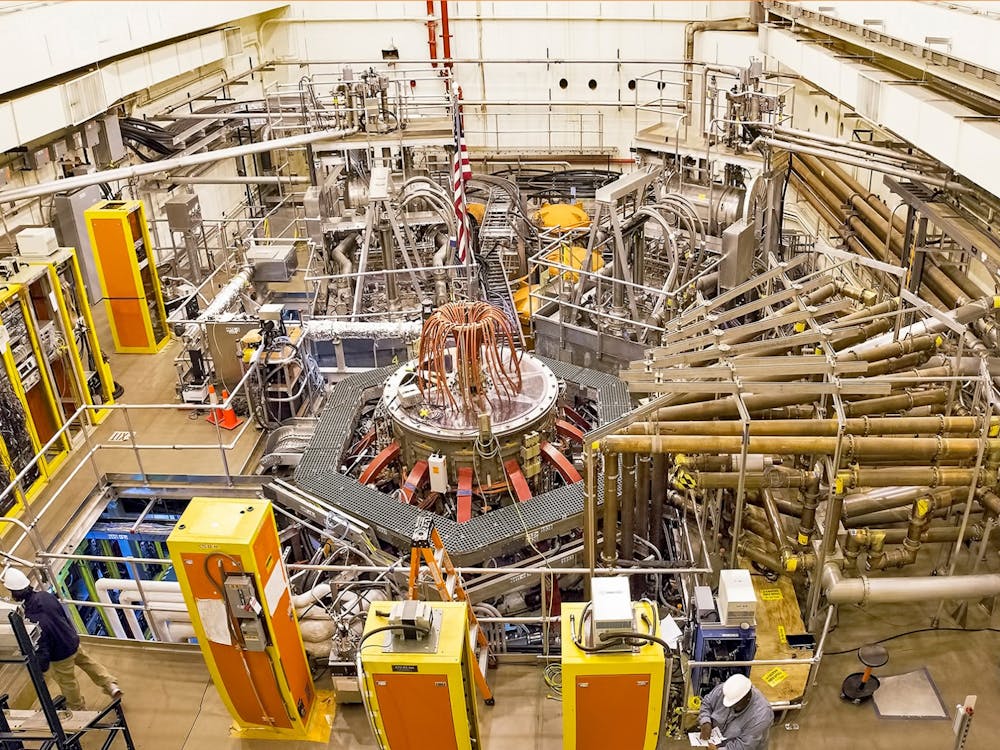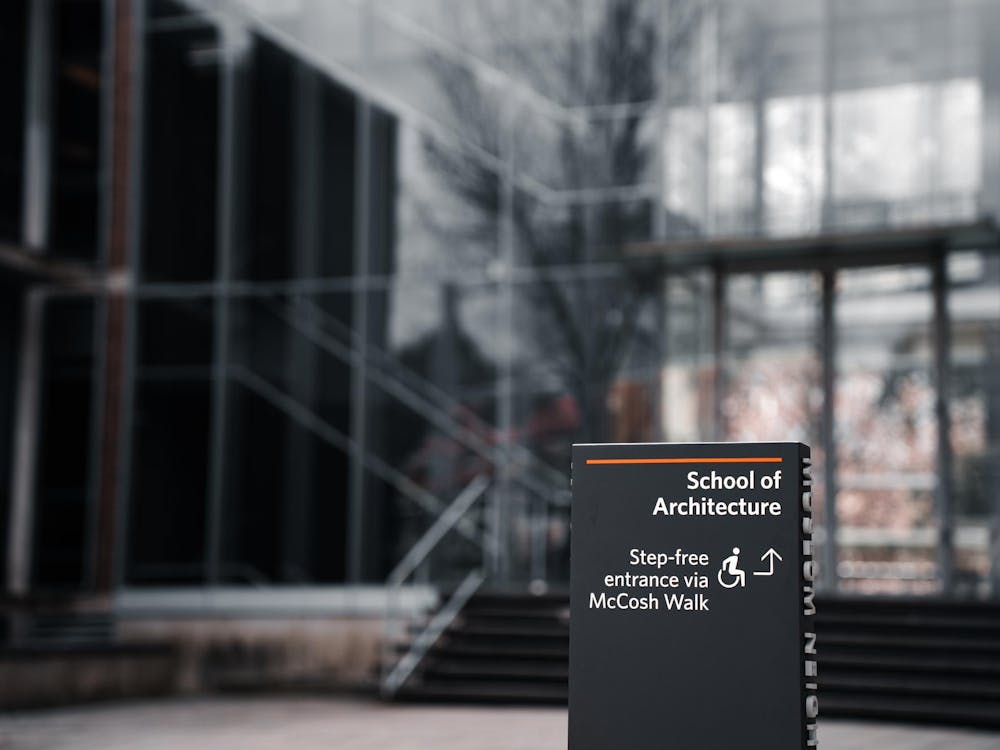University economics professor Robert Shimer, along with Massachusetts Institute of Technology economics professor Daron Acemoglu, recently published two papers that argued financially pressed workers are too willing to take low-skill and low-wage jobs. Shimer and Acemoglu claim that for the economy to operate at optimal efficiency, workers should be investing their time and effort into finding better-paying jobs that take advantage of their particular skills. Shimer recently spoke with 'Prince' Executive Editor Michael Koike.
'Prince': What did your study show?
Shimer: When you take economic principles in economics classes, one of the ways to think of government policy is that it's a tradeoff between efficiency and equity. With efficiency — if you take a textbook economics model and then let free markets work — you get a strong prediction that you will get an optimal allocation in terms of maximization output. But the cost is that you wind up with huge disparity in income. So a lot of people believe from a normative perspective, that there is reason to have progressive taxation to transfer income of those who earn a lot — who might be more able or lucky — to those who earn less — who might be less able or lucky. The argument here is that when it comes to unemployment insurance, at least for a modest level, this tradeoff [between efficiency and equity] doesn't exist.
P: How does this specifically relate to unemployment insurance?
S: So you introduce unemployment insurance, which is a mandatory policy that people pay in insurance premiums in the event that they become unemployed. [Unemployment insurance] interferes with the free market, but it also changes the incentive. It makes them willing to look longer for a job and the reason why is that while they are unemployed they will be getting this subsidy. It will make unemployment less painful. It's going to encourage them to search longer, which will raise efficiency and equity and the cost of being unemployed.
P: What data did you use to conduct your research?
S: We've written two papers on this. One of them is a paper about if this can happen, and in the other paper, we do a [modeling] exercise. What you do is you write down the model that you believe does a reasonable job of capturing a feature of the environment. Usually, the model is too complicated to reach any general conclusions, but it has parameters, and you can figure out those parameters from other information from economists.
P: And you use past work in your own research?

S: Yes, we rely a lot on existing empirical work. One question is how important is unemployment insurance. You can ask what happens to people when they become unemployed in terms of their spending or consumption of goods. And there's a paper by an MIT economist on what effect changes in employment benefits have on consumption.
P: What were your conclusions?
S: We find that with the best parameters we can put in, we find fairly substantial gains to increasing the benefits in the United States. Results will be sensitive to the parameters, so we do robustness tests. But the conclusions never reverse.
P: What does this mean for the economy as a whole?

S: There's an important debate about what level of social benefits should be provided by the government. And this is only one of many papers that have been written on the topic. There is this fundamental tradeoff. Do you want a very efficient market economy that is very harsh? Or do you want a big social welfare system, just like Sweden had where the downside risk is low? But you discourage incentive and entrepreneurship and perhaps hard work. The U.S. is more to the laissez-faire side and there have been some possibilities that the U.S. would move more toward this. But our arguments say that there isn't necessarily a tradeoff, at least for modest levels of social insurance, dividing up the pie more evenly. Ultimately it's a quantitative question. And the U.S. is more or less at the right spot. If anything, a little more insurance would be desirable.
P: You said that workers should be investing additional time and effort into finding better paying jobs that take advantage of their particular skills. But isn't there an opportunity cost to their not working? Or is that accounted for in the increased efficiency of the economy and in their higher salaries?
S: We know from similar empirical studies that if you give workers more unemployment benefits, they do stay unemployed for longer. And this has usually been interpreted as meaning that all workers are doing is just sitting at home enjoying the benefits. Why get a job if you can keep most of your own income with the benefits? We argue that a lot of the increase in unemployment benefits can go not to workers who are just sitting at home, but who are refusing to take jobs.
P: Why exactly is it counterproductive for these workers to take a lower-paying job?
S: Say an engineer loses his job, and he takes a job as a taxi driver. He's not doing [as much as he could]. But if you give him the unemployment benefits, and so he can afford to take the time to keep looking, [everyone] is better off. But simply, it's much harder to find the engineering job. So these [job seekers] are not just going to the beach every day.
P: Is there a problem with workers not knowing how much their skills are worth or does the study relate to the fact that workers need money and therefore accept the jobs they can find quickly?
S: With our model, it's the latter. They know how hard it is to find a job as an engineer. But they choose rationally since they know how poor they are now and they need to earn income. But it's not that the other effect can't be there.







